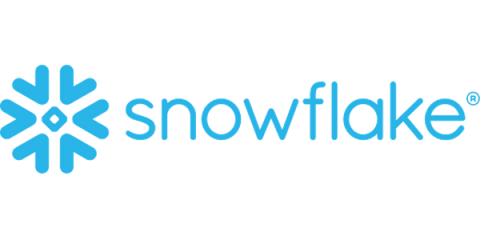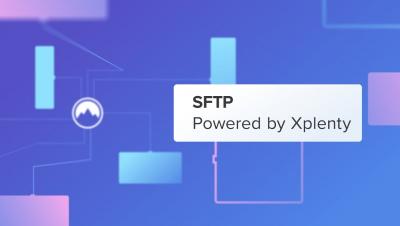Speed the Path to Vastly More Data Insights With Pentaho 9.2 and DataOps
In our modern world, accelerating the process of extracting insights from data is a complex challenge. Exacerbating this task are colossal data volumes, the expansion and use of multiple cloud platforms, and the increasing demands for self-service in a way that maintains compliance. Enterprises attempting to tackle the problem encounter various forms of friction everywhere they turn.











